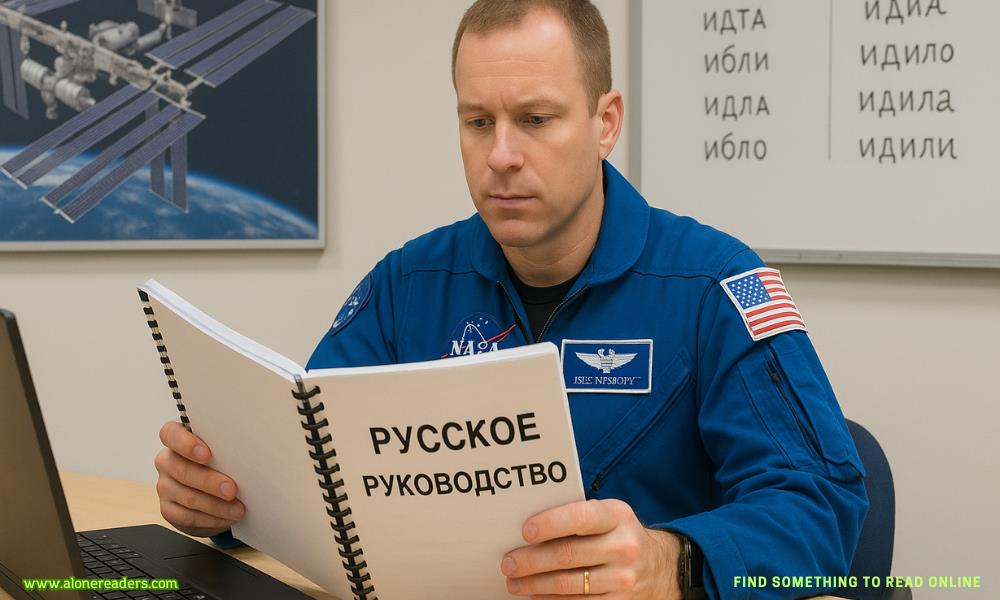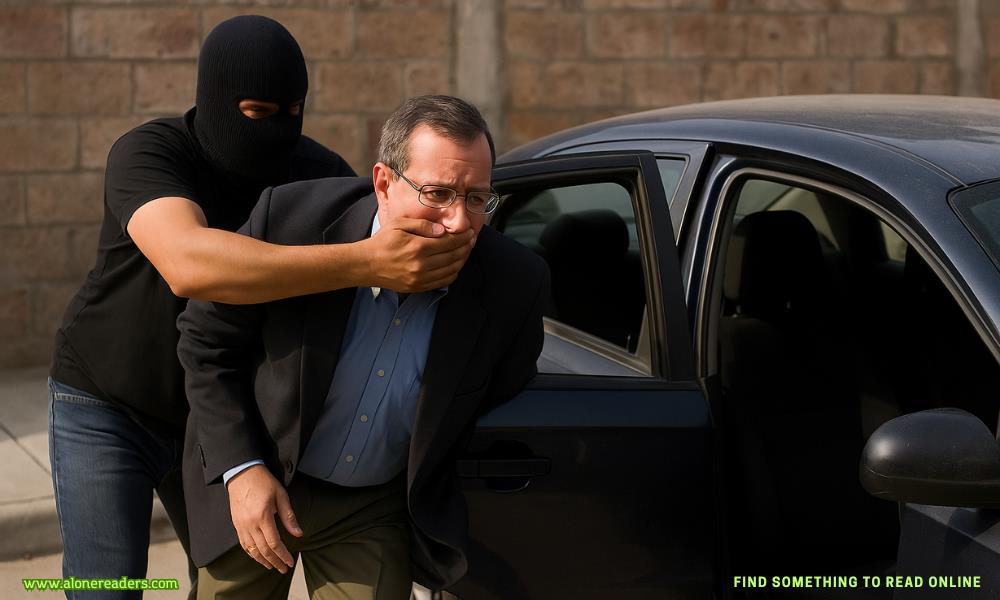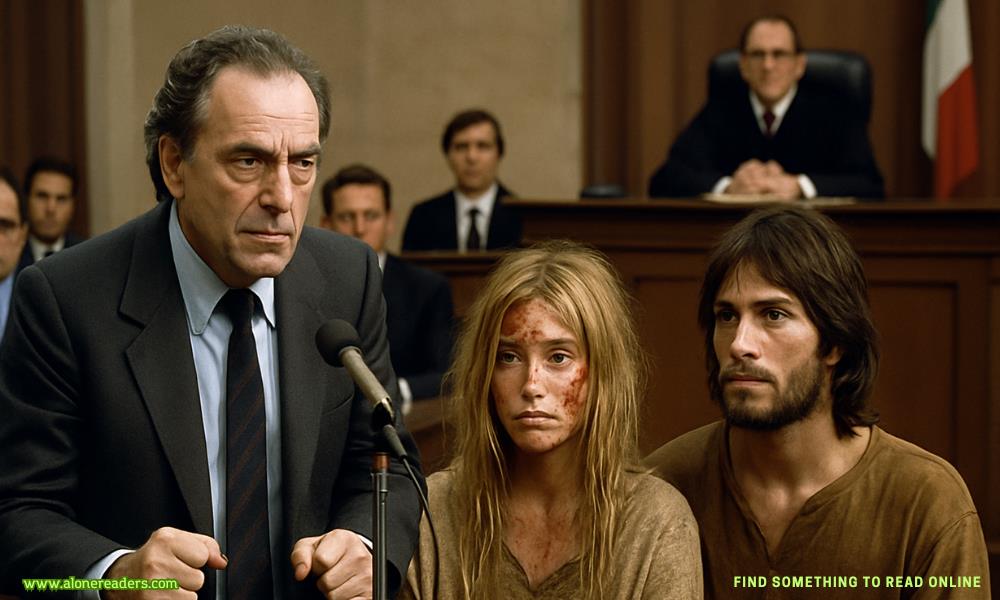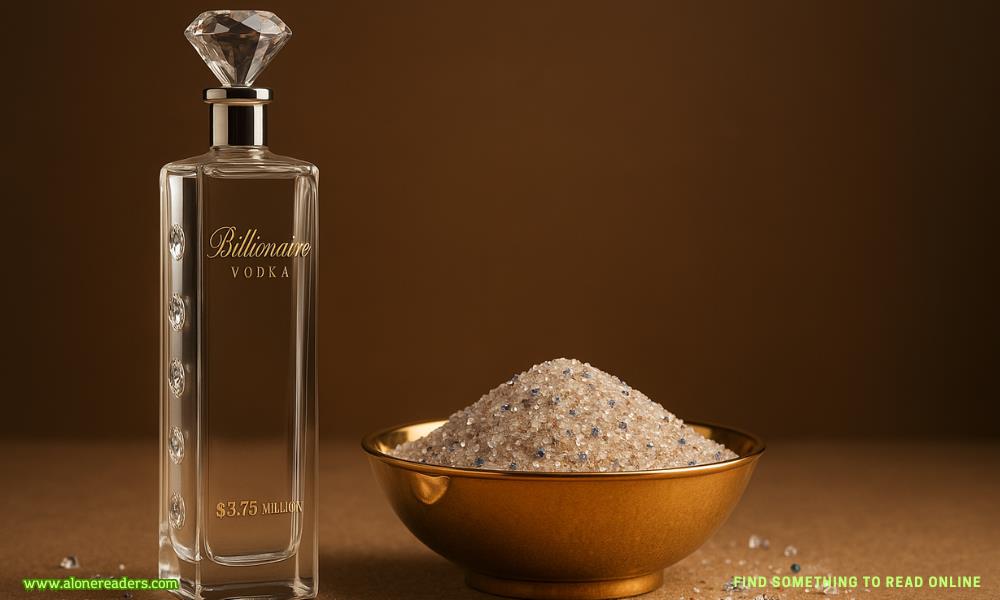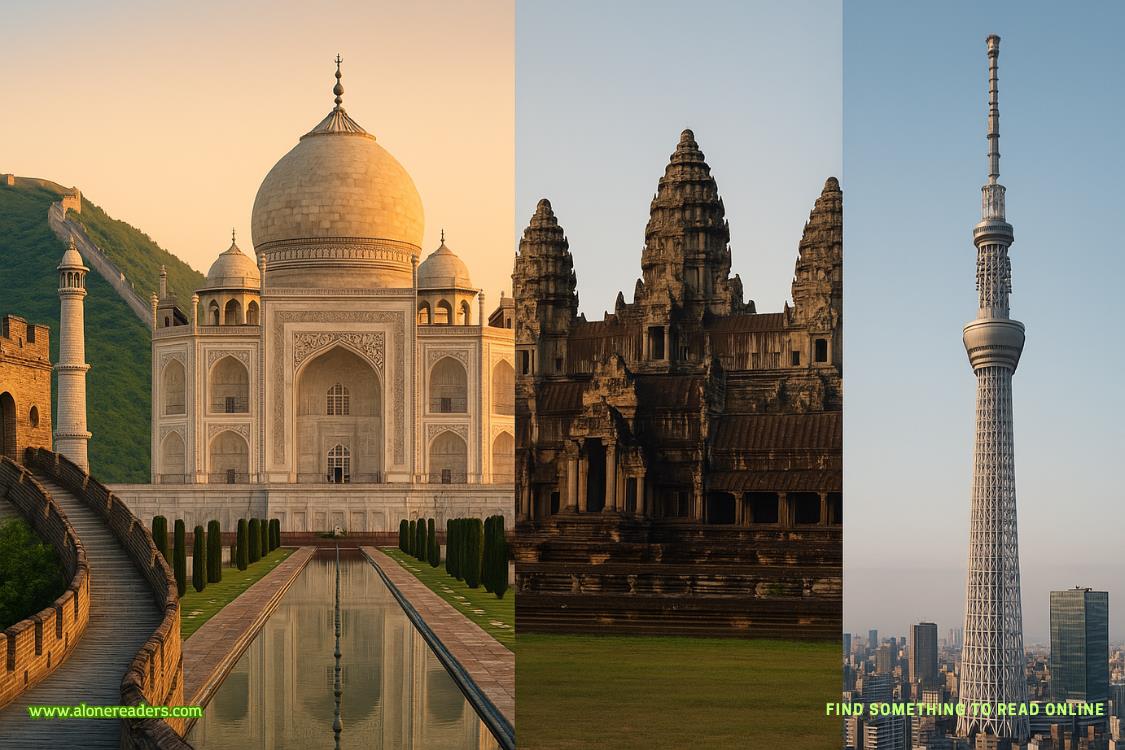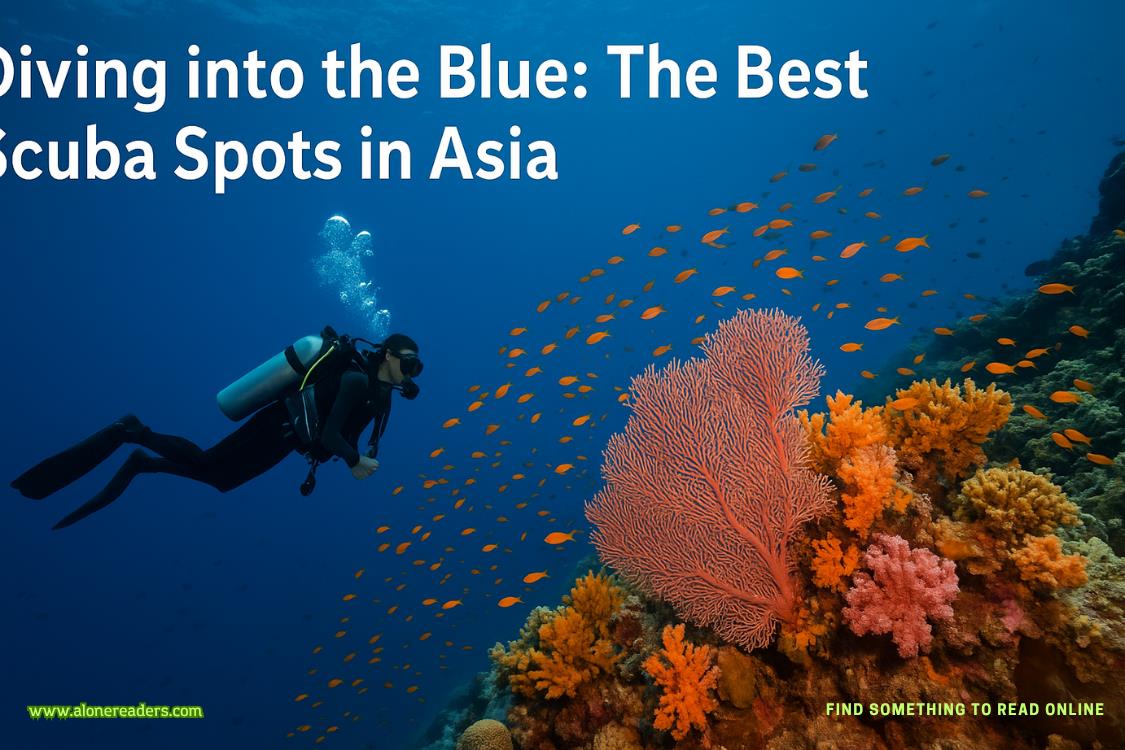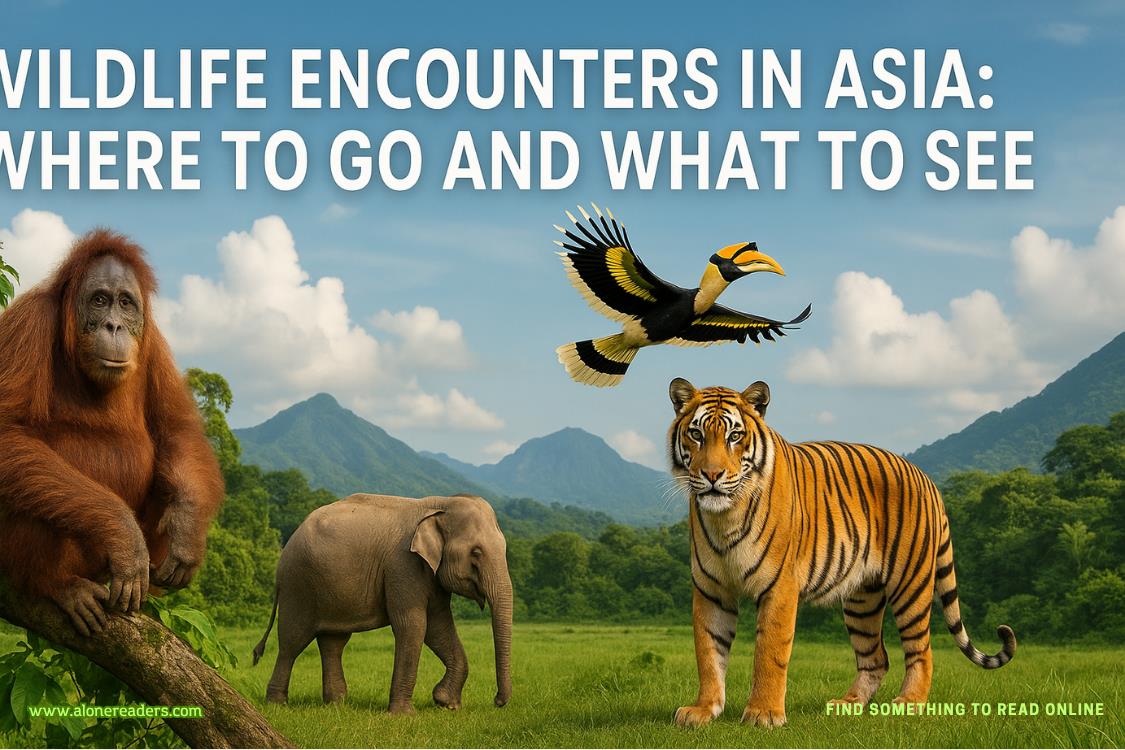Page 37 of The Champion
What a crock of bullshit that is.
Shitty things happen to good people all the time.Case-in-point, Charlie, my mom, Van...andgood things happen to shitty people. Case-in-point there...Darrin.
How was I supposed to feel about this? Was I acting theway I should? If not, how was I supposed to react?
The man I looked up to my entire life and raised me onhis own and he was dead. As in gone...forever...never coming back. I would never see him atthe track again. I would never walk downstairs from my room to see himengrossed in the Sunday paper and eatingCoco Puffsor a maple bar donutwith chocolate milk.
I glanced out the small window next to me and watchedeveryone that passed on the street below, going about their daily lives.
Do you ever wonder what they’re thinking? How their livesare going?
I do.
I wonder if they face the same day-to-day shit thateveryone else has to. Do some people have it easier? From up here, from aperspective, everything looks fine as if nothing in their life is shitty.
But from what I’ve learned—people display their emotionsdifferently and generally, something about their lives is shitty in some way.
When I was in college, I read a book by ElisabethKubler-Ross called On Death and Dying. Elisabeth described that there are fivestages you will go through when you’re dealing with grief and tragedy.
We all go into denial trying to imagine it’s not true. Wedon’t want to think it’s true. Who really wants to face reality anyway?
We get angry with everyone. We are angry with peoplewho’ve never experienced the pain and angry with ourselves for having to dealwith it.
Then we beg and plead offering up anything we have not tofeel the pain, or just have one more day, one more moment.
When that doesn’t work and anger isn’t worth it, we getdepressed until we accept that we’ve done everything we could have done. We letgo. But how do you get to that point and go on living? How do you accept thechange and become the person you once were?
My anger came first. Flashing, blinding, consuming. Itstarted slow, lapping at my lungs, my fingers, my gut, building relentlessly,compelling me to run, to scream, to destroy anything I could.
My brain was a jumble of senseless firing synapses and myentire body trembled with the nervous energy of it all, from my scalp to my lipsto my toes.
I couldn’t sit still, couldn’t eat, couldn’t sleep,couldn’t focus on anything but the wave of rage that drove me to the edge ofinsanity before it swells and finally, blessedly breaks.
But after that brief moment of reprieve, when I went crashingheadfirst into the next mind-fuck of emotions, I found myself longing for thoseebbing, electric tides of anger and rage.
Because after the anger and the rage comes the pain.
Oh God, the pain.
Ripping me wide open to the white-hot sun, dissecting mepiece-by-piece, and even after I’ve been left eradicated and empty, itcontinued to demand more, and more, and more, destroying me piece by piece.
I wanted to cry, but tears seemed too small, too inconsequentialfor the massive void.
I wanted to forget, but the essence of my parents wasingrained into every fiber of my being, and I could no more forget that, than Icould forget myself. I didn’t want to forget, I just simply wanted toremember.
Instead, I struggled to my feet and made my way acrossthe attic, shoving years of memories into cardboard boxes and trying to ignorethe fact that, every time another box was shut, a little piece of my soulstayed trapped inside.
I moved methodically, removing anything and everythingthat reminded me of them until there was nothing left. I wanted to run, toscream, to destroy but I knew that wouldn’t help anything. I wanted anythingbut to feel the pain I feel without them here.
It didn’t feel like I was just losing Charlie, it feltlike I lost my mom all over again once I was in the attic surrounded by hermemories.
It’d been years since I’d been up here, and when I was,it was usually during a game of hide-n-seek. I was hardly up here to snoopthrough boxes then, hiding was imperative. To say I was serious when playinghide-n-seek was an understatement. I once punched my little friend Leslie inthe face when she gave my secret location away. Talk about hard-core.
I reached for a photo that was lying to my left. It wasof Charlie and me when he first bought Grays Harbor Raceway—I was six. We werestanding by the ticket booth and he was holding the title in his hand. I was onhis shoulders, smiling. We looked so happy, so carefree, but the funny thingwas that we were.
The Webster’s dictionary describes grief as keen mentalsuffering or distress over affliction or loss; sharp sorrow painful regret.
Did I have regret? Yes...Iwished I had more time with them. My mother was twenty-five when she died andCharlie was forty-two.




